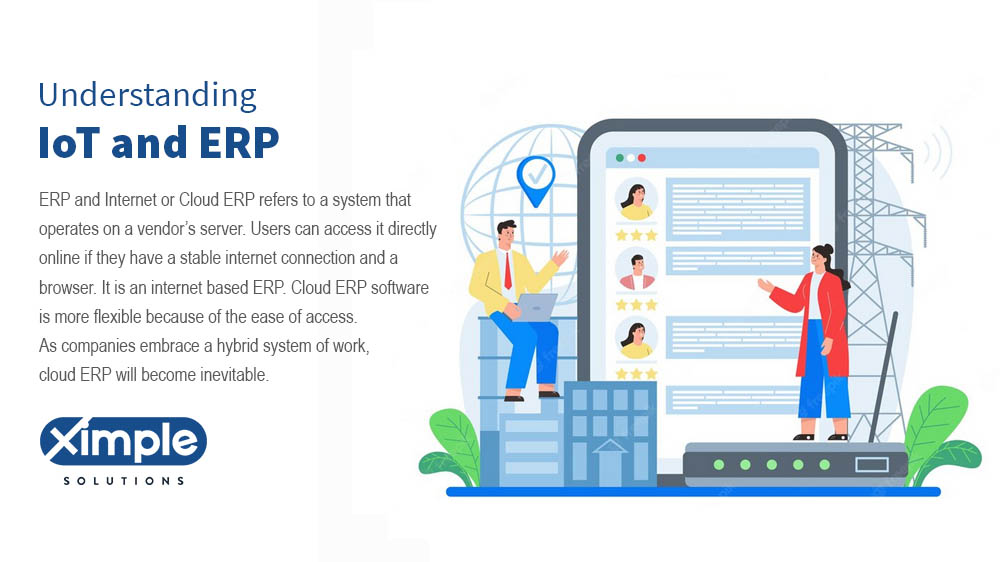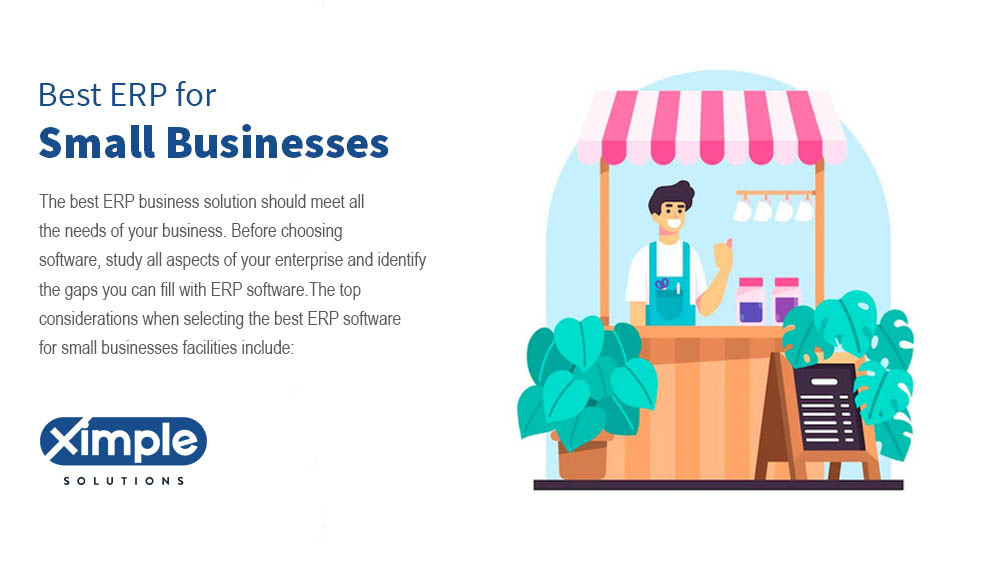
ERP and Internet – IoT and ERP
This article is ideal for managers and decision-makers in companies that are considering implementing an Enterprise Resource Planning (ERP) system and those who want to learn more about the integration of ERP with the Internet of Things (IoT). It is also suitable for IT professionals who are involved in the implementation and maintenance of ERP […]
Read More

Ximple ERP for Small Business – SME
Small businesses can scale up their operations by obtaining an ERP for small businesses. ERP (Enterprise Resource Planning) software covers all areas of business management. It has different modules, and you can choose the ones that meet the needs of your business. Some modules include marketing, accounting and finance, human capital management, customer relationships management, project […]
Read More





